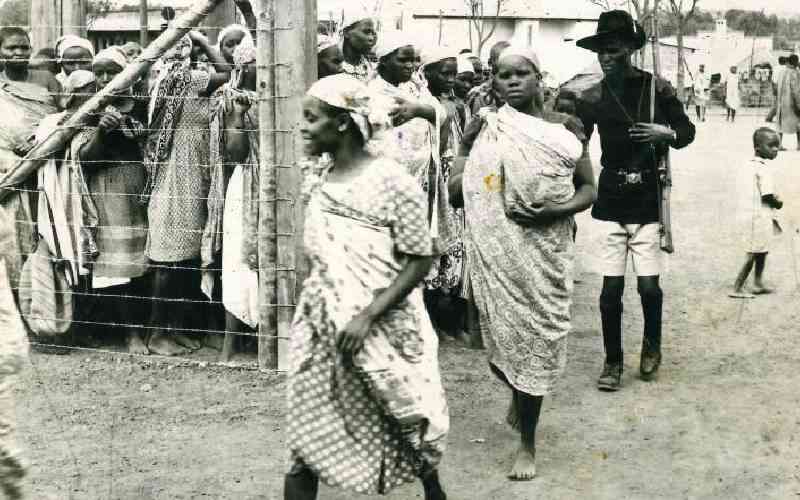×
The Standard e-Paper
Fearless, Trusted News

These times appear momentous and call to mind past ‘revolutionary’ times.
They included the 1950s when colonial subjects attacked European territorial colonial order in Asia and Africa. In Africa, two of such ‘revolutions’ were in Kenya against the British and in Algeria against the French.